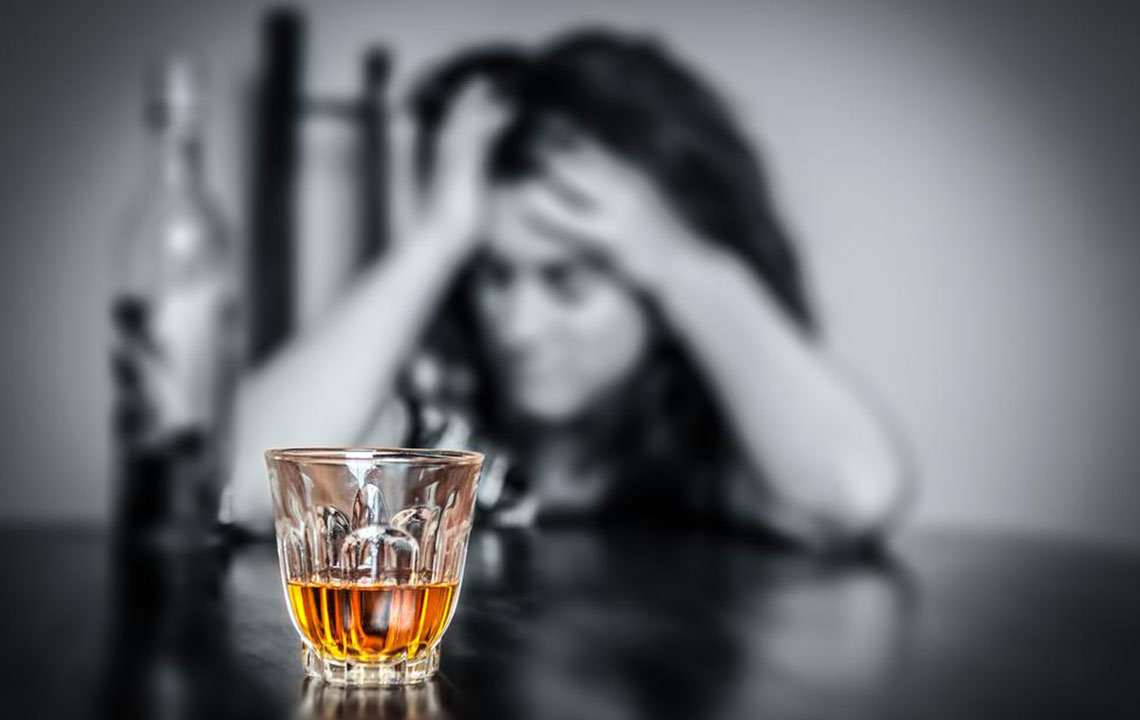Comprehensive Guide to Alcohol Recovery and Treatment Options
This comprehensive article explores alcohol addiction, its psychological effects, and the various treatment options available. It details the goals of rehab programs, typical recovery procedures, and highlights leading centers across the country. The focus is on helping individuals understand addiction, undergo effective treatment, and successfully reintegrate into society. Emphasizing mental health support and personalized care, this guide aims to motivate those seeking recovery and provides valuable insights into overcoming alcohol dependence.

Comprehensive Overview of Alcohol Recovery and Treatment Options
Many individuals engage in social drinking, but excessive or binge drinking can lead to serious health concerns. Binge drinking involves consuming large quantities of alcohol in a short timeframe, escalating into severe alcohol dependence. This addiction not only impacts physical health but can also cause psychological and mental health issues. Withdrawal symptoms may occur when attempting to quit, emphasizing the need for effective treatment options.
Goals of Alcohol Rehabilitation Programs
Choosing the right alcohol treatment involves understanding its core objectives. The primary focus is to eliminate alcohol dependency through gradual personal, psychological, and social transformation. Benefits of sobriety are emphasized, along with reducing health risks and improving overall well-being. Recognizing the psychological aspects of addiction, including past trauma and mental health challenges, is essential for successful recovery.
Many programs aim to help individuals fully recover from addiction, enabling them to reintegrate into society. Support extends to education, employment assistance, and legal aid where needed.
Typical Steps in a Detox and Rehab Program
Effective programs incorporate comprehensive measures to keep patients monitored until they are free from dependencies. Since addiction often stems from specific emotional or physical triggers, programs are designed to address these root causes. Common steps include:
Initial Evaluation
Professionals assess each patient's unique situation through psychological tests, medical history, and personal circumstances to formulate tailored treatment plans.
Medication-Assisted Treatment
Prescribed medicines help reduce alcohol cravings and manage withdrawal symptoms, supporting the patient's commitment to sobriety.
Psychological Counseling
Addressing mental health is crucial; therapy helps patients understand their addiction, develop coping strategies, and build responsibility towards maintaining sobriety.
Leading Alcohol Rehab Centers and Programs
Across the country, numerous centers provide specialized treatment options. Some notable ones include:
Indiana Center of Recovery
Based in Bloomington, this center emphasizes mental soundness, emotional stability, social responsibility, physical health, and spiritual resilience. Staff includes psychologists, therapists, and licensed counselors.
Decision Point Center
Located in Prescott, Arizona, this facility specializes in treating alcohol, cocaine, and other substance addictions through relapse prevention, family therapy, and behavioral interventions.
Recovery Team
Founded in 1980 in North Palm Beach, Florida, this program offers trauma therapy, nutritional guidance, biofeedback, EDMR, and counseling to promote holistic recovery.










